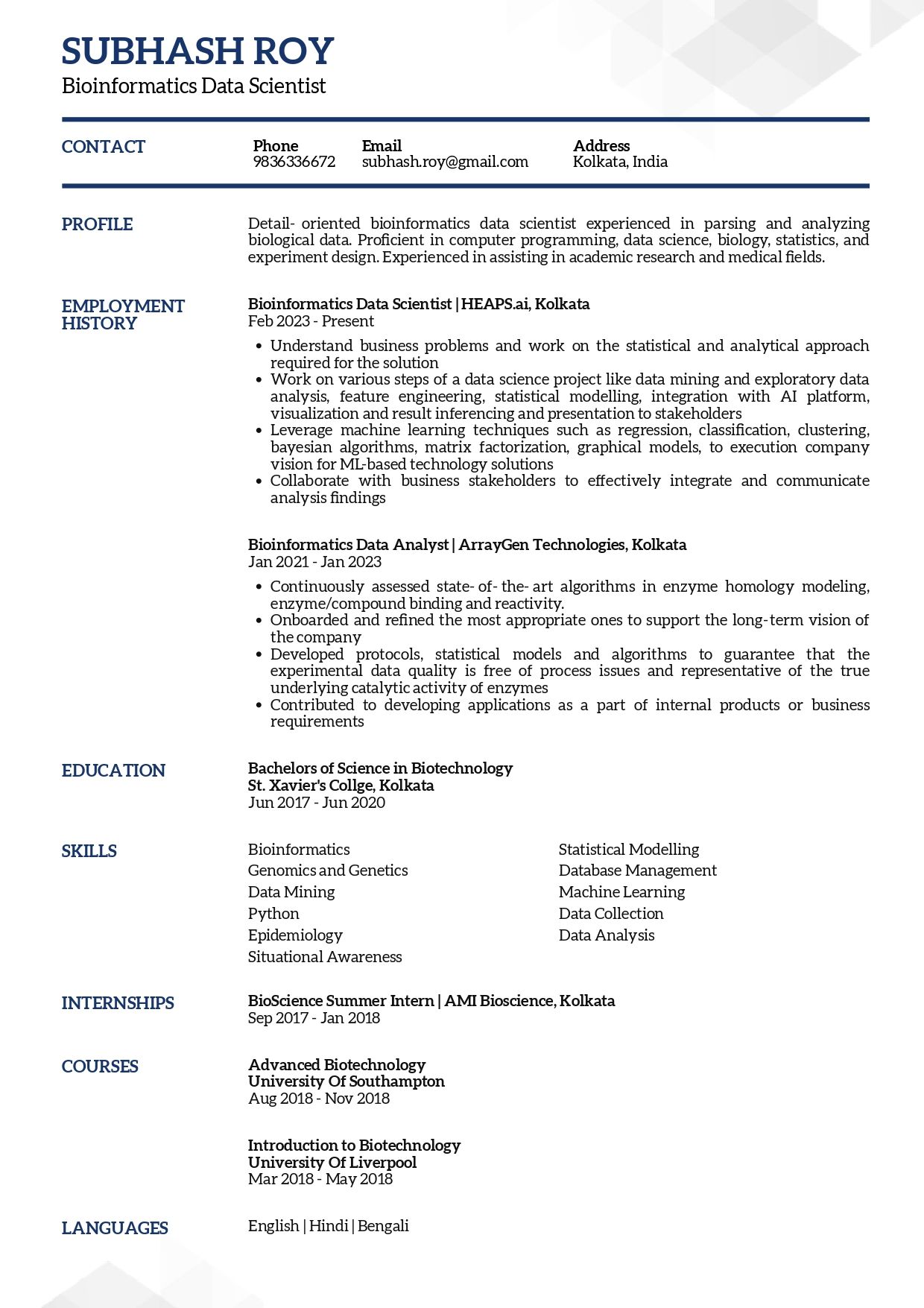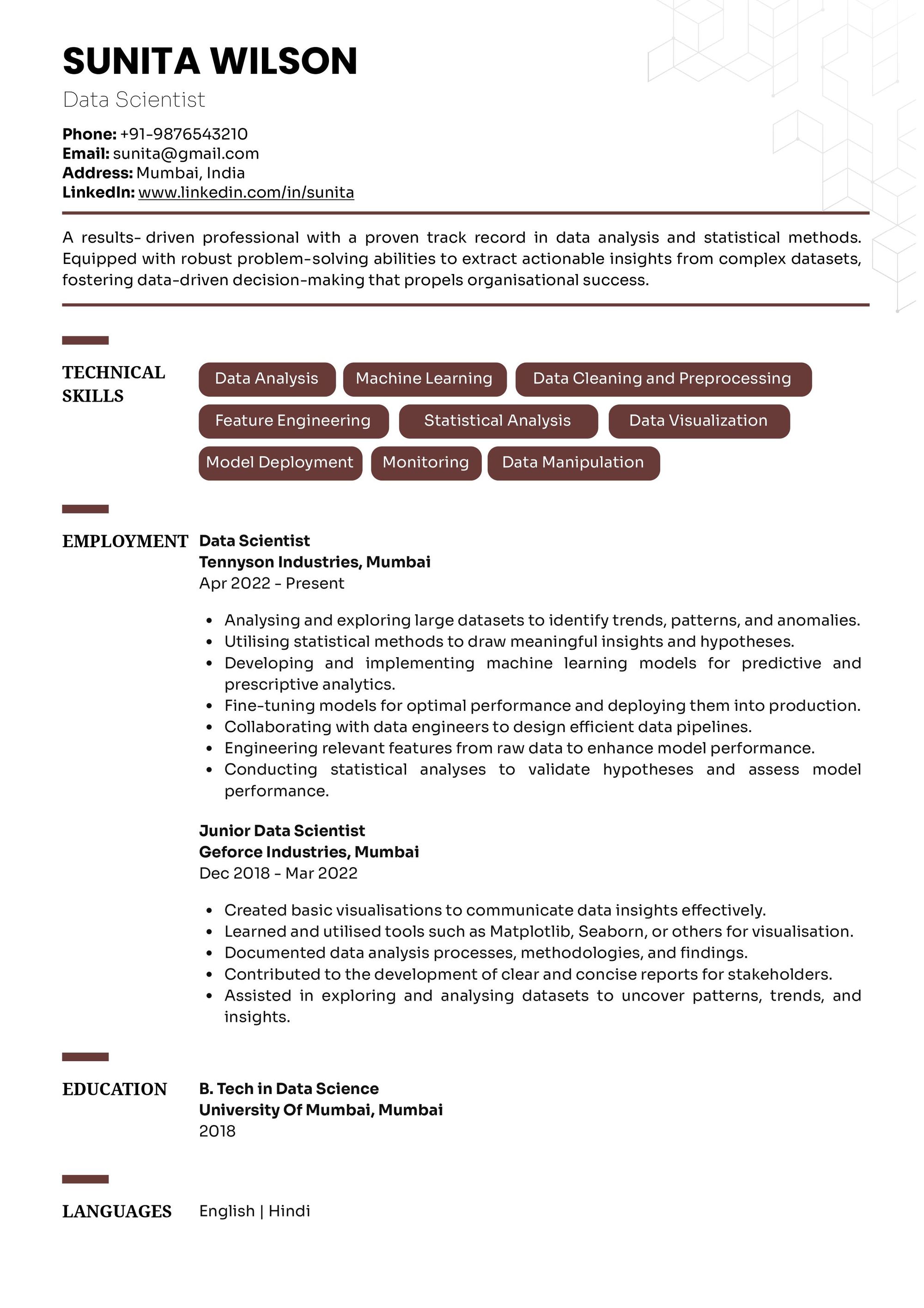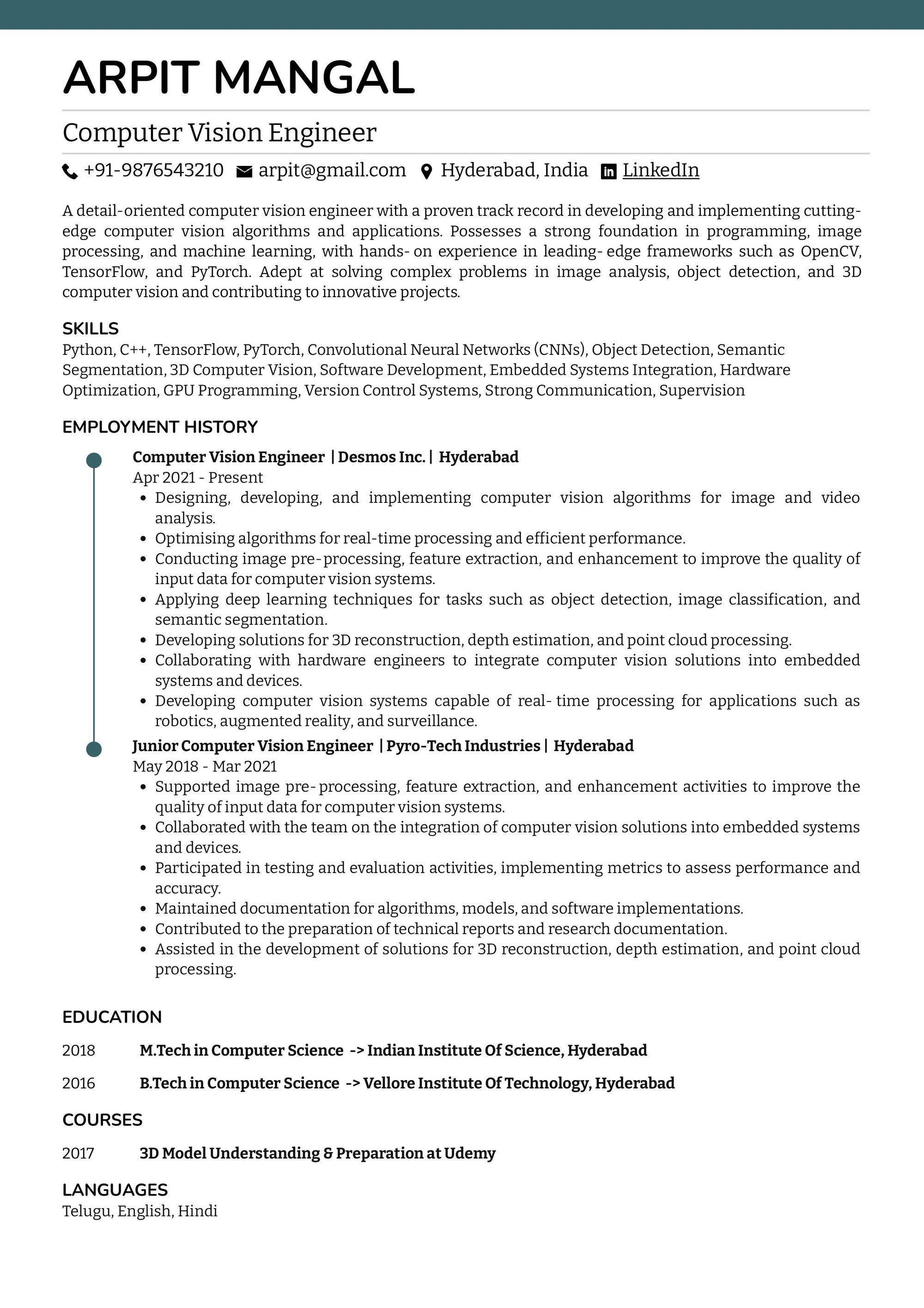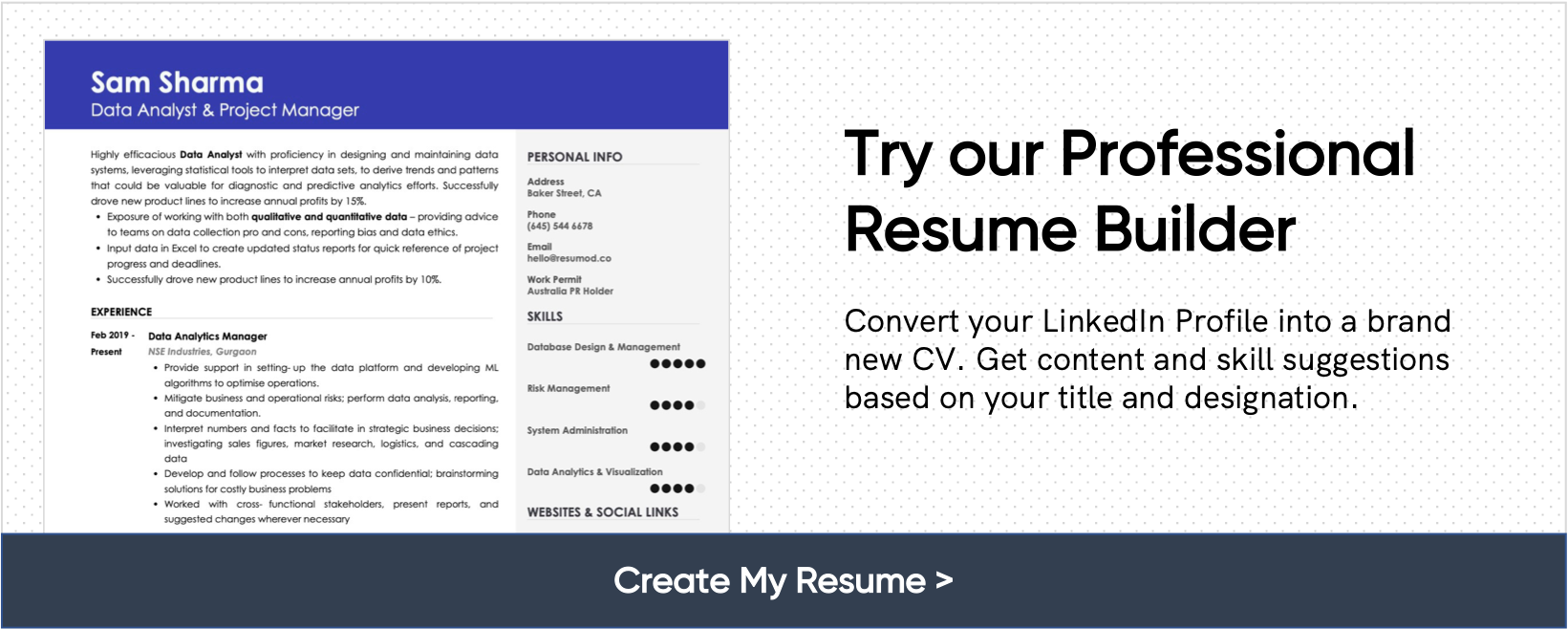How to Become an AI Specialist: A Step-By-Step Guide
As businesses race to adopt AI, demand for AI specialists has skyrocketed, making it one of the most rewarding career paths today and in the years to come.
Imagine stepping into Tony Stark's futuristic workshop, where Jarvis, the AI system, powers every device, manages complex tasks, and even cracks jokes. Now, picture yourself as the mind behind such revolutionary technology. In 2024, artificial intelligence is no longer just a Hollywood dream—it’s shaping the real world, transforming industries, and solving problems once thought insurmountable.
If you’ve ever dreamt of creating intelligent systems that mimic human thought, decision-making, and problem-solving, then becoming an AI specialist is your gateway to this thrilling future. As businesses race to adopt AI, demand for AI specialists has skyrocketed, making it one of the most rewarding career paths today and in the years to come.
Ready to step into the future and build the next Jarvis? Let’s explore how to become an AI specialist!
This blogpost includes:
- Who are AI specialists?
- Why become an AI Specialist?
- Skills needed to become an AI specialist
- What to study to become an AI specialist?
- Why AI is the top field in 2024?
- Top countries for AI specialists and salaries
- Step-by-step guide to becoming an AI specialist
- Current job titles in AI
- Interview questions for AI specialists
- Future significance of AI specialists
Who Are AI Specialists?
AI specialists are professionals who design, develop, and deploy artificial intelligence systems to solve complex problems. They combine expertise in programming, machine learning, and data science to create intelligent systems that mimic human behaviour or perform tasks requiring cognitive abilities.
Key Responsibilities of AI Specialists:
- Developing AI Models: Creating and training machine learning models to analyse data and make predictions.
- Building Intelligent Systems: Designing applications like chatbots, recommendation engines, and voice assistants.
- Optimizing Algorithms: Improving the efficiency and accuracy of AI algorithms.
- Research and Innovation: Exploring new AI technologies to advance the field.
- Ethical Implementation: Ensuring AI systems are designed and used responsibly.
Examples of Their Work in Real Life:
- Healthcare: AI specialists develop diagnostic tools, like AI models that detect diseases from medical images.
- Finance: They build systems to detect fraud or predict market trends.
- Entertainment: They power recommendation algorithms on platforms like Netflix and Spotify.
- Transportation: AI specialists contribute to autonomous vehicles and traffic management systems.
Why They’re Essential in 2024: In a world increasingly reliant on automation and data-driven decision-making, AI specialists are the architects of change. They empower industries to innovate, improve efficiency, and tackle challenges previously considered unsolvable.
Why Become an AI Specialist?
AI specialists are at the forefront of technological innovation, driving advancements in everything from healthcare to space exploration. Here’s why this field is a top choice for 2024 and beyond:
- Explosive Demand: A 2023 LinkedIn report listed AI specialists as one of the fastest-growing job titles worldwide, with a 74% annual growth rate.
- Lucrative Salaries: AI professionals are among the highest-paid in the tech industry. The global average salary for AI roles is significantly above other tech jobs.
- Future-Proof Career: With automation and AI technologies expanding, AI specialists are indispensable for decades to come.
- Impactful Work: AI solutions are solving critical global issues, from diagnosing diseases to mitigating climate change.
Skills Needed to Become an AI Specialist
Success in AI requires a mix of technical expertise, creativity, and problem-solving abilities. Here’s a breakdown of the essential skills:
Technical Skills
- Programming: Master languages like Python, R, Java, or C++. Python is particularly favoured for its extensive AI libraries, such as TensorFlow and PyTorch.
- Mathematics and Statistics: Proficiency in linear algebra, calculus, and probability is critical for understanding AI models and algorithms.
- Machine Learning (ML): Understand supervised, unsupervised, and reinforcement learning. Learn frameworks like Scikit-learn and Keras.
- Data Analysis: Expertise in data preprocessing, visualization, and handling large datasets is vital.
Soft Skills
- Problem-Solving: Ability to apply AI solutions to real-world challenges.
- Critical Thinking: Evaluate models and systems for efficiency and accuracy.
- Collaboration: Work effectively in teams comprising data scientists, engineers, and domain experts.

What to Study to Become an AI Specialist?
Academic Pathways
- Bachelor’s Degree: Start with a degree in Computer Science, Artificial Intelligence, Mathematics, or related fields.
- Master’s Degree: Pursue advanced studies in AI or Machine Learning to specialize further.
- Ph.D.: A doctorate can be valuable for research roles and academic positions.
Online Courses and Certifications
Platforms like Coursera, edX, and Udemy offer specialized AI courses:
- Andrew Ng’s Machine Learning (Coursera)
- Deep Learning Specialization (Coursera)
- AI for Everyone (Coursera)
Projects and Competitions
Build a portfolio by working on AI projects such as chatbots, recommendation systems, or image recognition models. Participate in platforms like Kaggle for competitions.
Why AI Is the Top Field in 2024?
The global AI market is projected to grow to $190 billion by 2025, fuelled by industries adopting AI for efficiency and innovation. Here’s why AI dominates the tech landscape:
- Automation Boom: From chatbots to autonomous vehicles, AI is automating repetitive tasks, saving billions.
- Healthcare Transformation: AI-powered diagnostics are improving patient outcomes and reducing costs.
- Climate Solutions: AI models predict weather patterns, manage energy grids, and optimize renewable energy.
- Generative AI: Tools like ChatGPT and DALL·E are revolutionizing content creation and human-computer interaction.
Top Countries for AI Specialists and Salaries
Highest-Paying Countries
- United States: Salaries range from $120,000 to $200,000 annually. Silicon Valley and Seattle are hotspots for AI jobs.
- Switzerland: Known for its tech startups, AI specialists earn between $100,000 and $150,000.
- Canada: Offers competitive salaries (average $120,000) with a growing AI ecosystem in Toronto and Montreal.
- Germany: Averages $90,000 to $130,000 annually, especially in automotive AI.
Salary for AI Jobs in India
AI professionals in India earn an average of ₹10-20 lakhs per annum, with experienced specialists earning ₹50 lakhs or more. Bangalore, Hyderabad, and Pune are the top cities for AI careers.
Step-by-Step Guide to Becoming an AI Specialist
Step 1: Learn the Basics
Start by understanding the fundamentals of AI and its real-world applications. Study introductory AI courses to get a clear picture of the field.
Step 2: Master Programming
Learn Python, as it’s the most widely used language in AI. Practice building small AI programs, such as chatbots or calculators.
Step 3: Study Machine Learning
Enrol in ML courses and learn about algorithms, neural networks, and deep learning. Work on simple projects like house price prediction or sentiment analysis.
Step 4: Gain Hands-On Experience
Internships, freelance work, or personal projects will strengthen your understanding of AI concepts and tools.
Step 5: Build a Portfolio
Showcase your skills by building projects like:
- Image recognition apps.
- Chatbots for customer service.
- Predictive analytics tools.
Step 6: Network and Collaborate
Join AI forums, LinkedIn groups, and conferences to connect with industry professionals.
Current Job Titles in AI
Here are the roles you can aim for in the AI field:
- AI Specialist: Focus on designing and implementing AI solutions.
- Machine Learning Engineer: Develop ML models and algorithms.
- Data Scientist: Analyse data to provide insights and build predictive models.
- AI Research Scientist: Conduct research to advance AI technologies.
- Computer Vision Engineer: Work on AI solutions for image and video processing.
- Natural Language Processing (NLP) Engineer: Develop AI tools for understanding and processing human language.
Interview Questions for AI Specialists
Technical Questions
- Explain the difference between supervised and unsupervised learning.
- How does gradient descent work in machine learning?
- What are the key differences between deep learning and traditional machine learning?
Scenario-Based Questions
- Design an AI solution for detecting fraudulent transactions.
- How would you handle imbalanced datasets?
General Questions
- Why did you choose a career in AI?
- Where do you see AI heading in the next decade?
Top Rated AI Specialists Resumes on Resumod
Resume of Bioinformatics Data Scientist

Check the full resume of bioinformatics data scientist in text format here.
Resume of Data Scientist

Check the full resume of data scientist in text format here.
Resume of Computer Vision Engineer

Check the full resume of computer vision engineer in text format here.
Future Significance of AI Specialists
The World Economic Forum predicts that AI will create 97 million new jobs by 2025. From self-driving cars to personalized medicine, AI will touch every aspect of our lives. Specialists who can design ethical, efficient, and scalable AI solutions will lead this transformation.
Becoming an AI specialist is not just about entering a high-paying career; it’s about contributing to the future of humanity. As an AI specialist, you’re not just building tools - you’re shaping the future. Are you ready to take the first step into this exciting field? The future is waiting for you!



